Social media is in recession. Not financially, but behaviorally. Interactions across platforms are declining, timelines are quieter, and engagement feels manufactured or hollow. The public internet has become a place people browse, not belong—a stark contrast to its original social promise.
📉 The Quiet Collapse of Engagement
Recently, at Snapchat’s annual conference, the notion of an “engagement recession”—an ongoing decline in how users interact on platforms like Instagram, Facebook, and X (formerly Twitter). While user counts remain relatively steady, likes, comments, shares, and replies are plummeting 📉 year after year. People are still scrolling, but they’re not participating.
Why? Because our social feeds are now designed to frack our attention rather than foster connection.
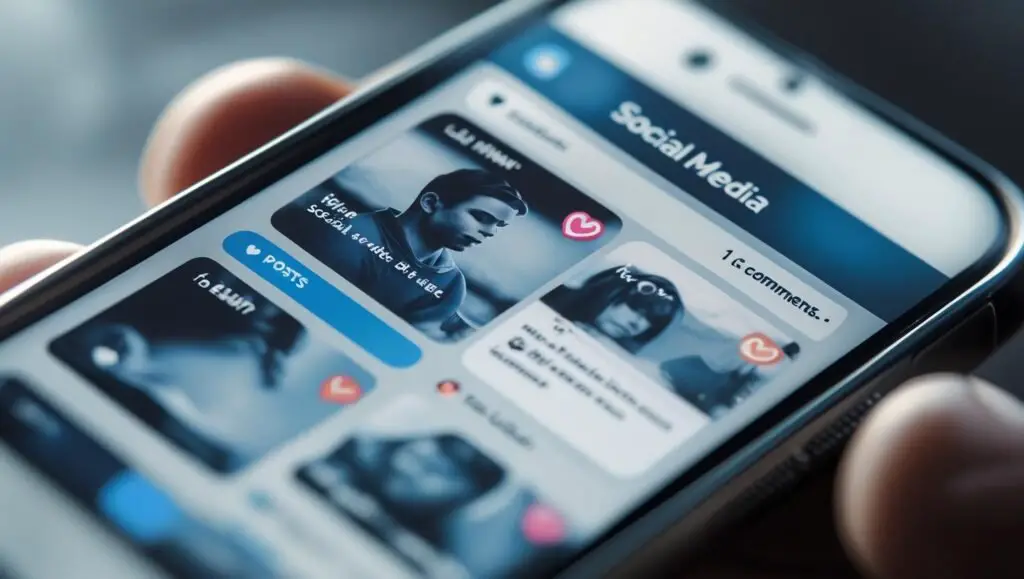
🔄 From Connection to Consumption
Algorithms today prioritize content that maximizes watch time ⏳, not well-being ❤️. They push dopamine-rich clickbait, outrage-baiting rants, or mindless meme loops. As a result, social media has shifted from a space of sharing to a space of performance and passivity 🎭.
This change is most visible in teen behavior. As Instagram’s head recently admitted:
“Teens are spending more time in DMs than Stories and more time in Stories than the Feed.”
This quiet withdrawal from the public square is echoed by the record-breaking growth of Telegram, Discord, and even Facebook Groups, which still see 1.8 billion monthly active users. People aren’t leaving the internet—they’re hiding within it.
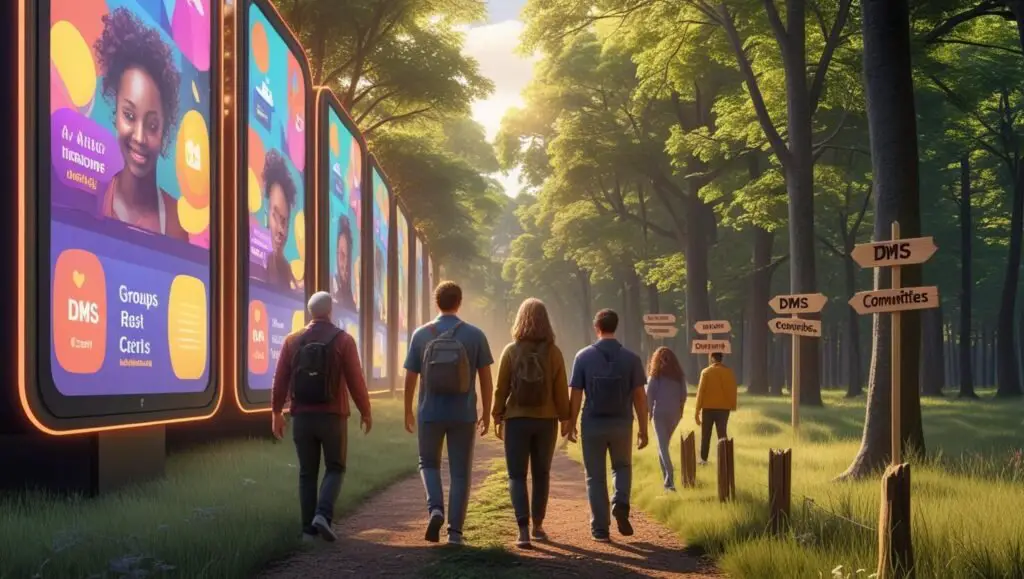
🌐 A Tale of Two Internets
Let’s break this shift down:
| 🌍 Public Social Media | 🌲 Private Digital Spaces |
|---|---|
| Open posts, timelines | DMs, Groups, Channels |
| Algorithm-driven | Interest-driven |
| Brand-saturated 📢 | Brand-averse 🚫 |
| Engagement-focused 🔁 | Relationship-focused 💬 |
| Performance pressure 😰 | Psychological safety 🧘 |
Public platforms are now dominated by brands, influencers, and ad engines, leaving users overwhelmed and disenchanted. In contrast, private communities offer intimacy, relevance, and refuge.
![A split infographic showing the noisy public platforms vs. calm private spaces]](https://blogbooze.com/wp-content/uploads/2025/05/split-infographic-1024x579.jpg)
🚨 Why This Isn’t Just a Phase
It’s tempting to call this a trend. But all signs point to a deeper structural shift in how people experience the internet. Consider the following:
- 📈 Discord hit 200M+ MAUs in 2024, mainly among Gen Z communities.
- 🔐 Telegram surpassed 900M users, many fleeing noise and censorship.
- 📉 Reddit’s user base is stable, but subreddits focused on minimalism and digital detox have ballooned.
- 📊 Major studies, like the Edelman Trust Barometer, show declining trust in social media platforms.
This isn’t a hiccup. It’s a realignment 🔄.
💰 The Advertising Paradox
So here’s the twist: Social media is free because advertising pays for it 💸. But when users migrate to private spaces, they leave behind the environments brands have optimized for marketing.
That’s a problem.
Marketers, desperate to reconnect, are now trying to follow users into their hideouts. Brands are popping up in DMs. Influencer deals are shifting to Telegram drops. Discord servers are sprouting “sponsored announcements.”
But here’s the uncomfortable truth:
🙈 Users are hiding from us.
They’re exhausted by over-targeted ads, by brands that co-opt trends instead of respecting spaces, and by the noise we brought into their once-authentic communities.
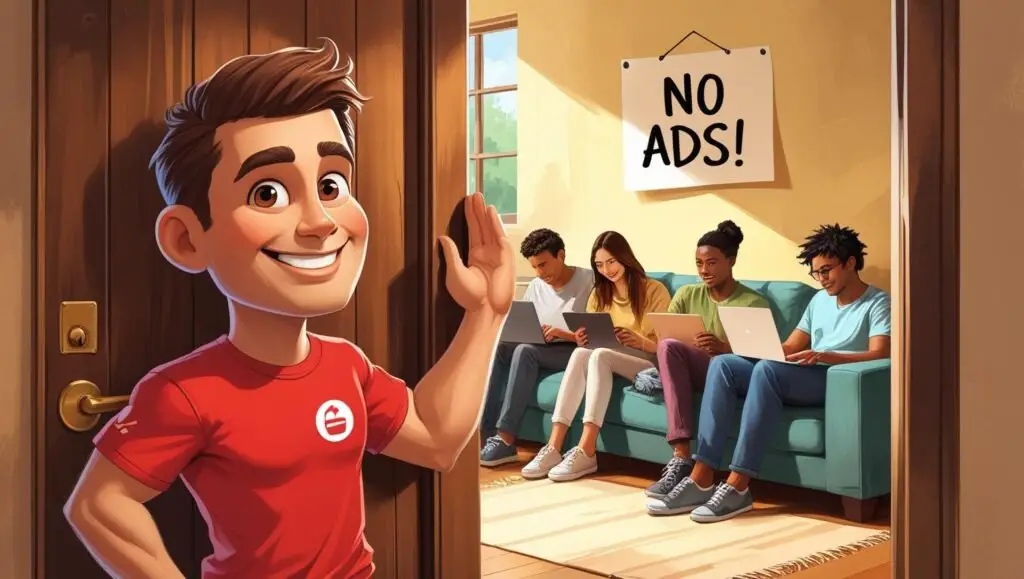
🔧 If Brands Want In, They Have to Change
Entering private digital spaces is not a right; it’s an invitation—one that must be earned. These spaces are governed by a different cultural code. Brands can’t just barge in, expecting attention. They have to contribute, not dominate.
If social media giants like instagram and snapchat tries to forcefully intrude in private user spaces like chats and DMs, then the last string holding users to these mega enterprise will break in no time
Hence, platforms need to come up with some new strategies to increase their ad engagement without sneaking into their users’ private space, or else we might face a severe drought in this evergreen-looking social media forest.
A good example? Notion’s ambassador program, which empowers superfans to teach and build, rather than blasting ads.
🧨 The Real Risk: Extinction, Not Recession
If marketers keep pushing the same old tactics into these fragile new spaces, users will retreat even further. We risk triggering a full-blown extinction event.
🕸️ The only people left on social media will be the marketers—and each other.
A social ecosystem with no authentic voices is unsustainable. We’ve already seen platforms like Tumblr collapse under the weight of lost community and over-moderation. Others may follow.
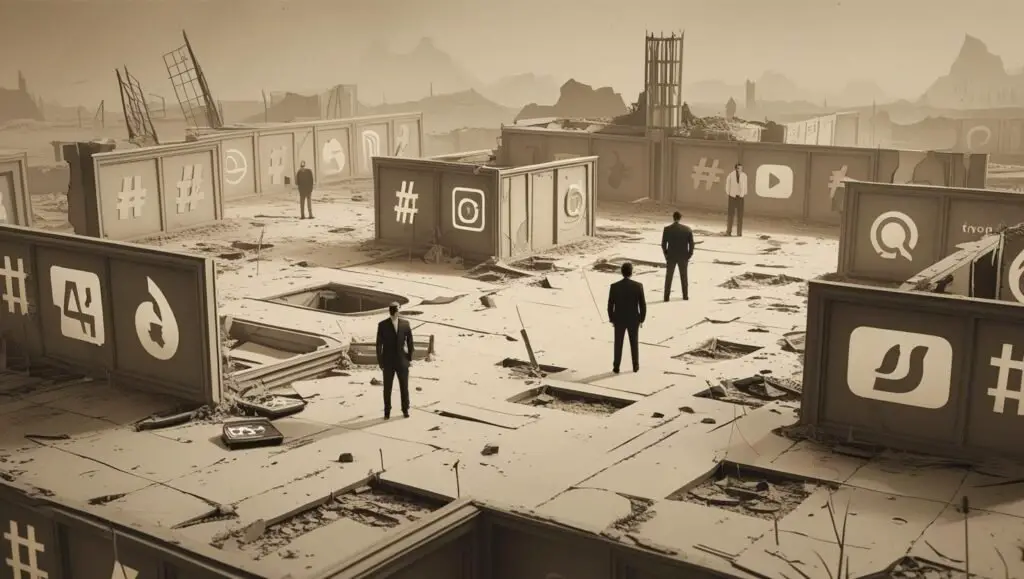
🛤️ Where Do We Go From Here?
We can’t fight this shift—we have to adapt to it.
- 🙋 For users: Curate your digital spaces. Join communities that reflect your values. Prioritize quality over quantity.
- 🧩 For platforms: Focus on facilitating real interactions, not just optimizing retention.
- 🧠 For brands: Rebuild trust by being useful, genuine, and respectful.
This recession is not the end. It’s a wake-up call ⏰.
Social media isn’t dying. It’s growing up 🌱.
💡 Final Thoughts: A Rebalanced Future
The social media recession is less a collapse and more a course correction. After a decade of algorithmic hype and influencer inflation, users are reclaiming their digital agency. They’re curating, protecting, and redefining their online experience 🧭.
For brands and creators, this is an opportunity—not a crisis. It’s a chance to engage with users in ways that are more human, meaningful, and enduring 🤗.
💬 What Do You Think?
Have you noticed yourself spending less time on public feeds and more in private chats or groups? Share your experiences in the comments 💬. And if you enjoyed this article, subscribe for more insights on the future of the digital world 🌐.
🔗 Related Read: Why Social Media Burnout is the Next Mental Health Frontier
📩 Want weekly insights on tech, culture, and digital trends? Check our website now!!! ✉️
📢 Ready to Level Up?
👉 Save this post.
👉 Share it with your friend.
👉 Share your own ideas with us in comments.
Check out our previous post on financial freedom in 2025 (latest)
Check out our previous post on Google AI Tools :
Discover more from blogbooze
Subscribe to get the latest posts sent to your email.
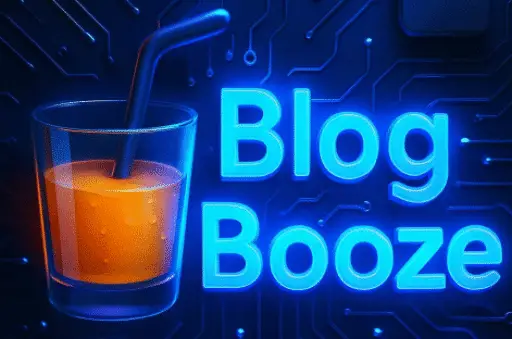
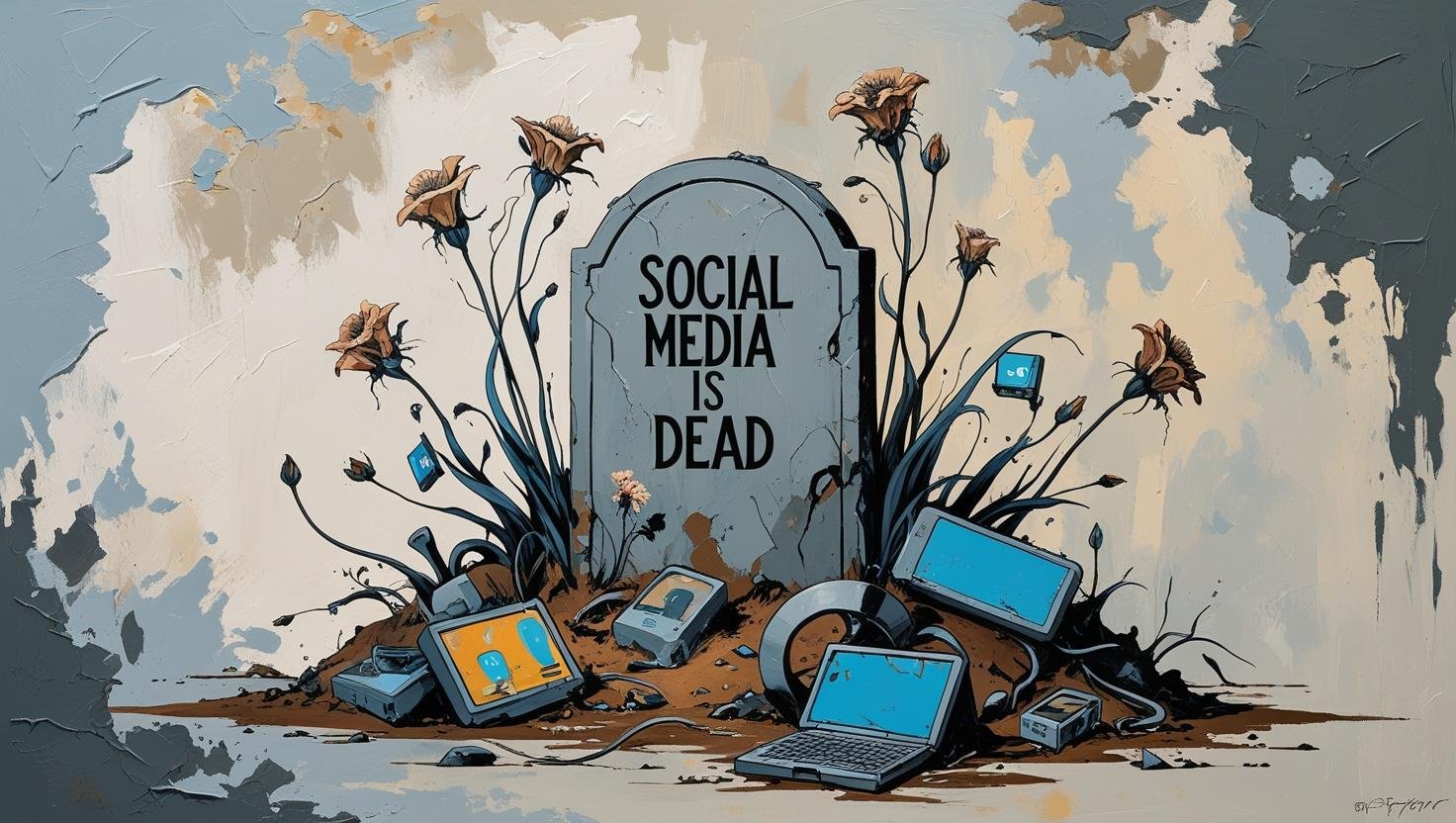


Totally agree 💯